Transformation of Downtown Brooklyn Continues With Opening of DeKalb Market Hall
City Point’s highly anticipated DeKalb Market Hall is the latest of many developments that have been transforming Downtown Brooklyn since a 2004 rezoning.

Downtown Brooklyn’s highly anticipated DeKalb Market Hall is opening in the next few weeks, and when it does, it is widely expected to turn the neighborhood into a foodie destination. It’s the latest of many developments that have been transforming Downtown Brooklyn since a 2004 rezoning.
Located in the massive, under-construction City Point complex, which takes up a block at the end of the Fulton Mall, the hall will open in March or early April with about 30 vendors, including well known names such as Katz’s Deli, Ample Hills Creamery, Bunsmith, the Arepa Lady, Bunker, and Fontina, an Italian eatery by “Chopped” judge Christian Petroni. The space will be 33,000 square feet, including a 7,500 square foot event space with a 40-foot long bar and test kitchen. There will also be free educational programs in the space, along with stroller parking. Brooklyn’s second Trader Joe’s will open alongside the market hall.
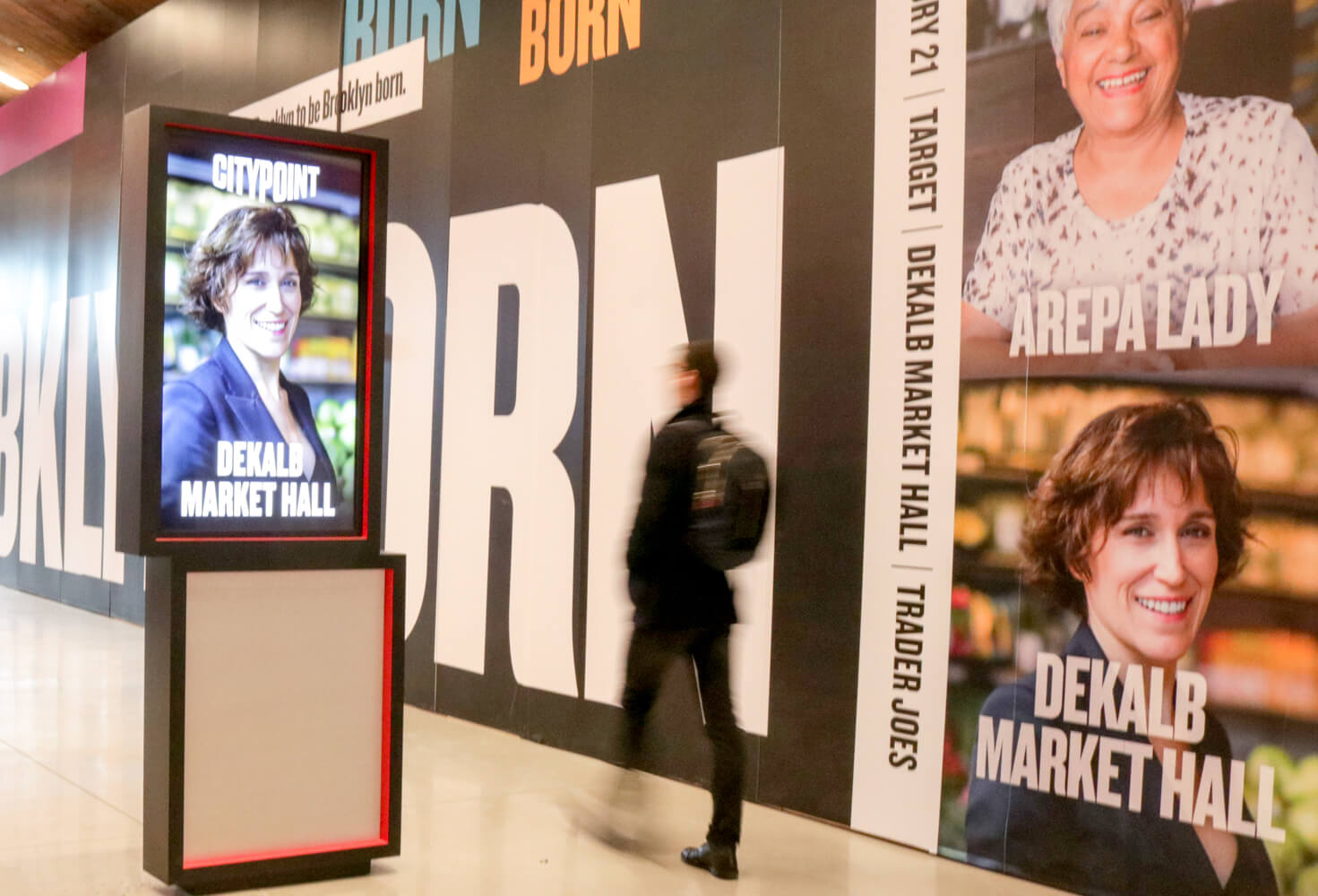
Managing director and Foragers founder Anna Castellani was tapped three years ago to help create the hall, and the Downtown Brooklyn native wanted it to reflect Brooklyn’s personality.
“I wanted a chaotic, urban experience — I didn’t want it to seem like you were in a mall,” she said. “I wanted the space to reflect the borough.”
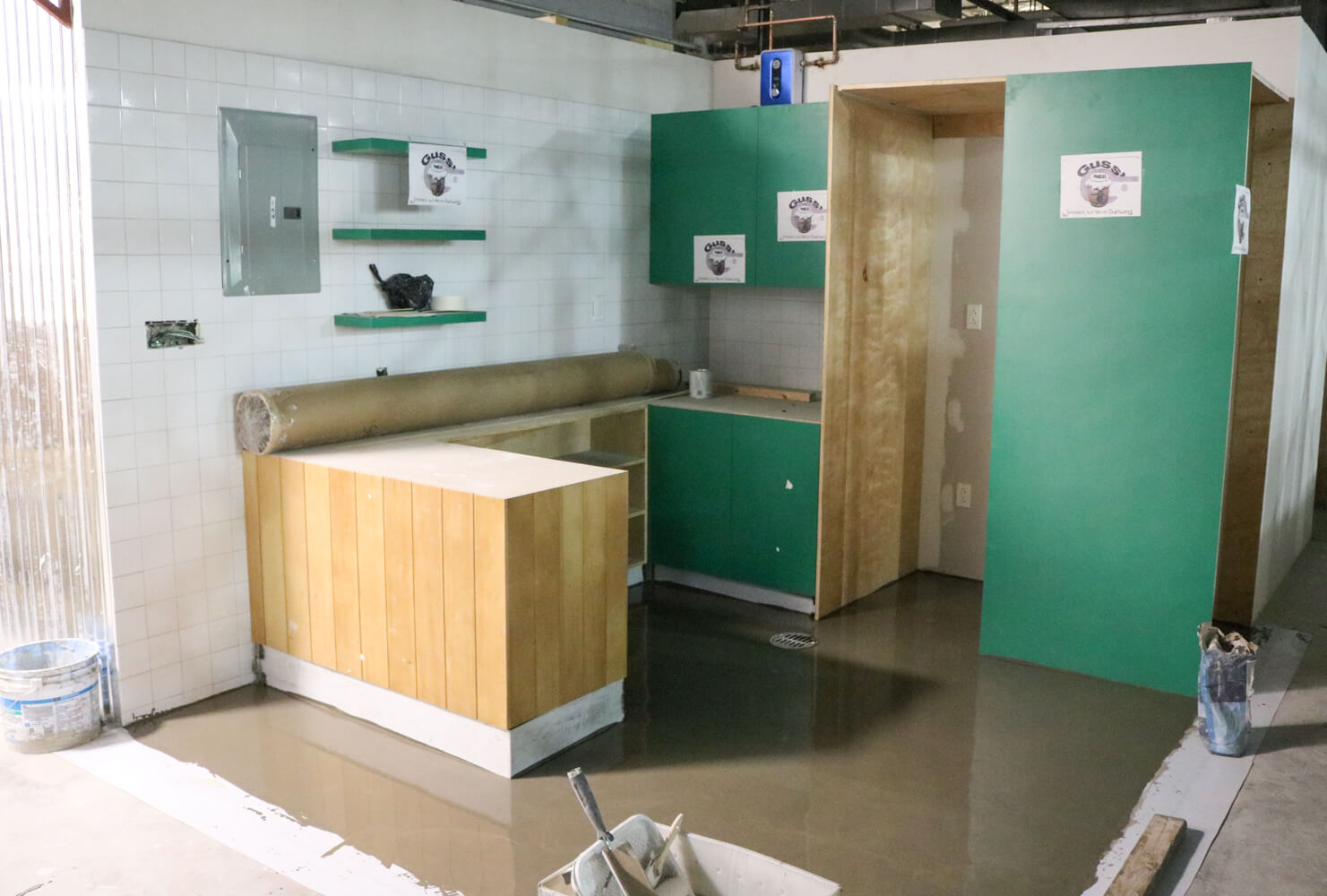
At one time, Downtown Brooklyn “was like a food desert without many options,” she said. But now there are many students and residential buildings in the area — plus it’s a major transportation hub, she noted.
Shiny apartment towers are starting to pop up among the empty lots, cast-iron commercial buildings, and small mixed-use buildings. A thriving commercial area in the Victorian era and early 20th century, home to upscale retailers such as Abraham & Straus and Frederick Loeser & Co. as well as bargain emporiums of all kinds, it began to suffer in the later years of the 20th century as department stores consolidated. It became known for nail salons, discount retailers, phone stores and the enclosed Albee Square Mall (once a theater), where City Point sits today.
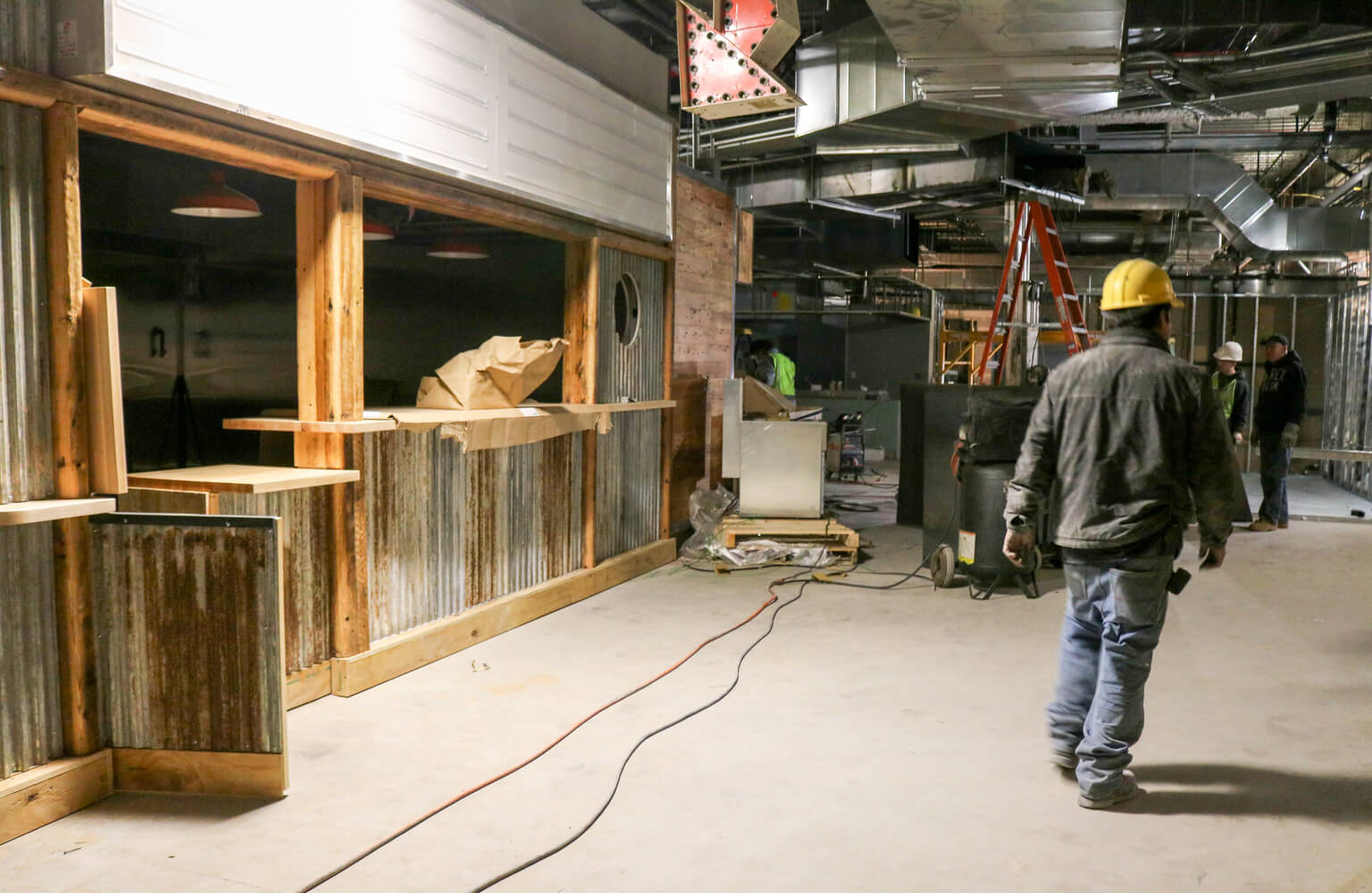
Back in the 1980s, developers such as Forest City Ratner and local officials began to plot an expansion, which started with the construction of the Marriott Hotel near Borough Hall, Atlantic Terminal Mall, MetroTech Center and the creation of the BAM Cultural District in nearby Fort Greene. MetroTech Center, built in 1992, provided space for New York University, insurance companies and startups such as MakerBot, among others.
A 2004 rezoning and the Downtown Brooklyn Development Plan brought more change. Intended to create office space to compete with New Jersey, instead it unexpectedly resulted in the building of thousands of apartments. Some three dozen apartment buildings have gone up since the rezoning, and about three dozen more are in the works.
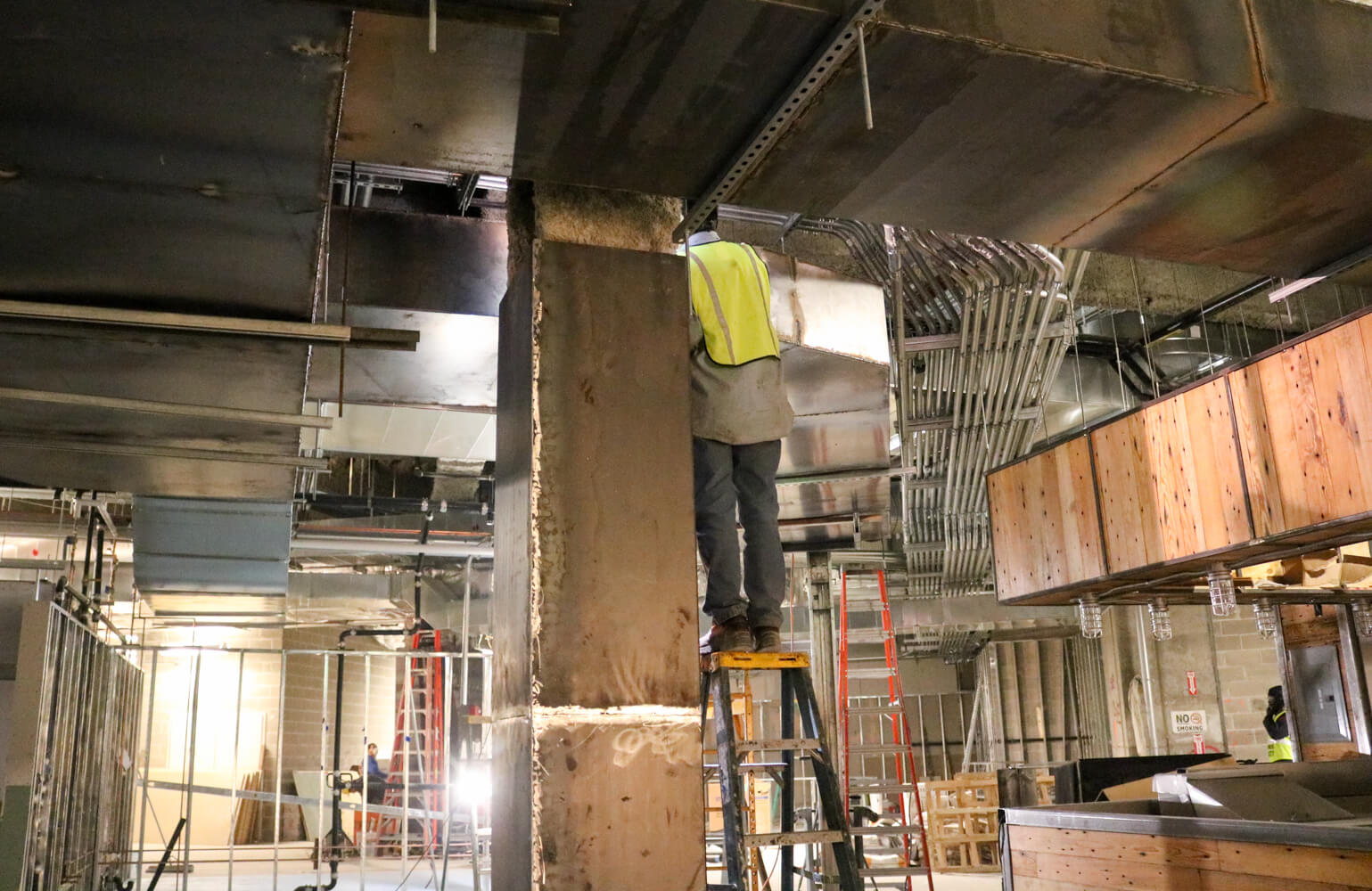
A surprise effect of the rezoning was the amount of residential space that came into neighborhood. About 3.5 million square feet of residential space was expected, but in reality, the years since the 2004 rezoning brought nearly 10 million square feet of residential space, according to a report from Brooklyn Borough President Eric Adams.
Since the 2004 rezoning, Downtown Brooklyn has changed considerably. The area saw an explosion of new construction. Shiny new buildings such as Toren at 150 Myrtle Avenue and Oro at 306 Gold Street ushered in DoBro’s new identity.
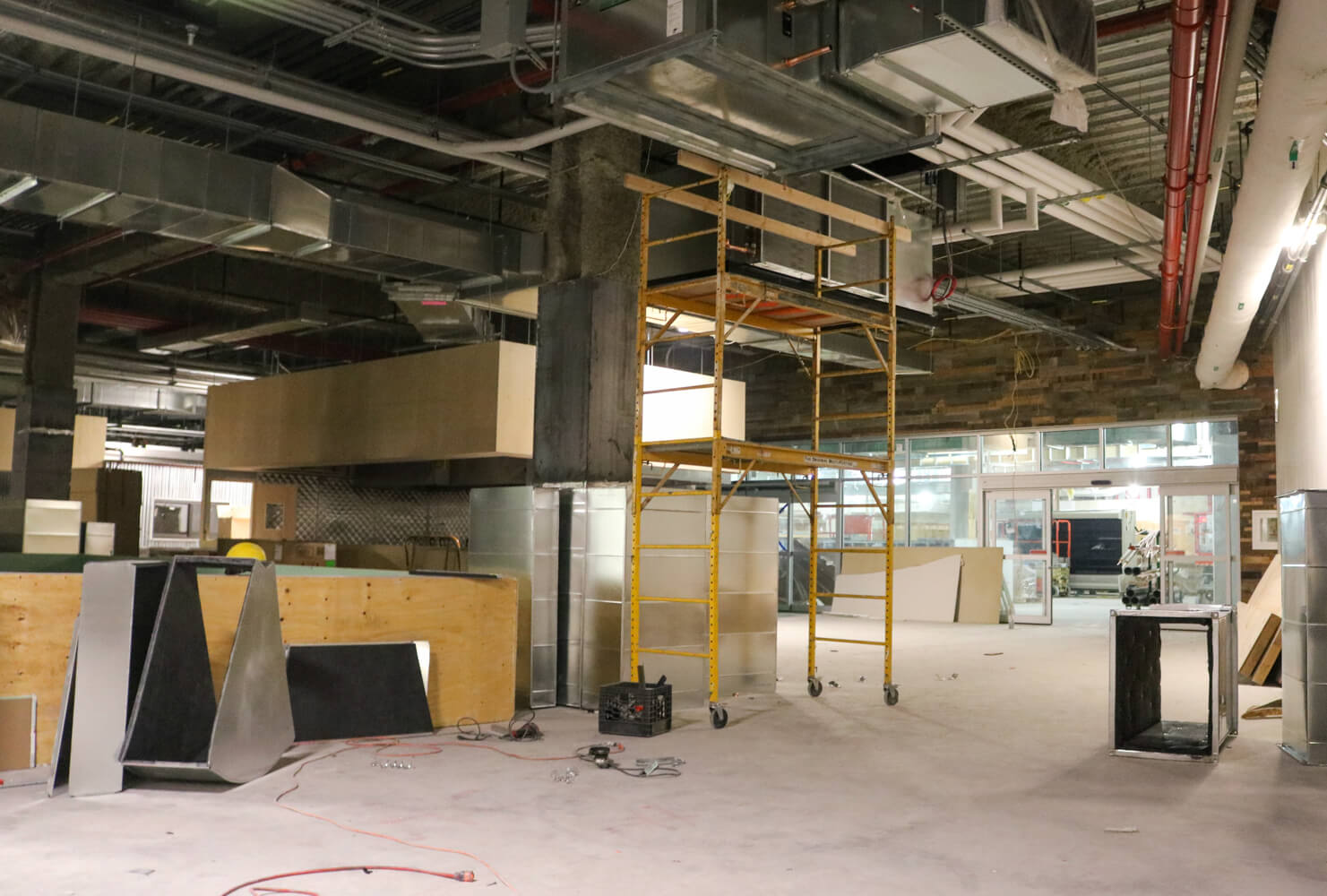
The housing collapse of 2008 kept things down for a few years, but a second wave of development saw buildings reach further towards the sky, with Ava DoBro and 388 Bridge Street each crossing the 30-story mark between 2013 and the present date. There’s even a plan to bring Brooklyn its first supertall skyscraper: 340 Flatbush Avenue Extension is slated to stand 1,066 feet and will become Brooklyn’s tallest building.
With the increase in residential space has come a surge in population. The residential population swelled from about 400 to 12,000 from 2000 to 2010, the census shows.
The facelift has not been without controversy or critics. The surge in new development has displaced residents and put older and historically significant structures on the chopping block at times. And as residential development outpaces commercial development, affordable housing and infrastructure such as schools, green space and transportation need attention, the borough president’s report found.
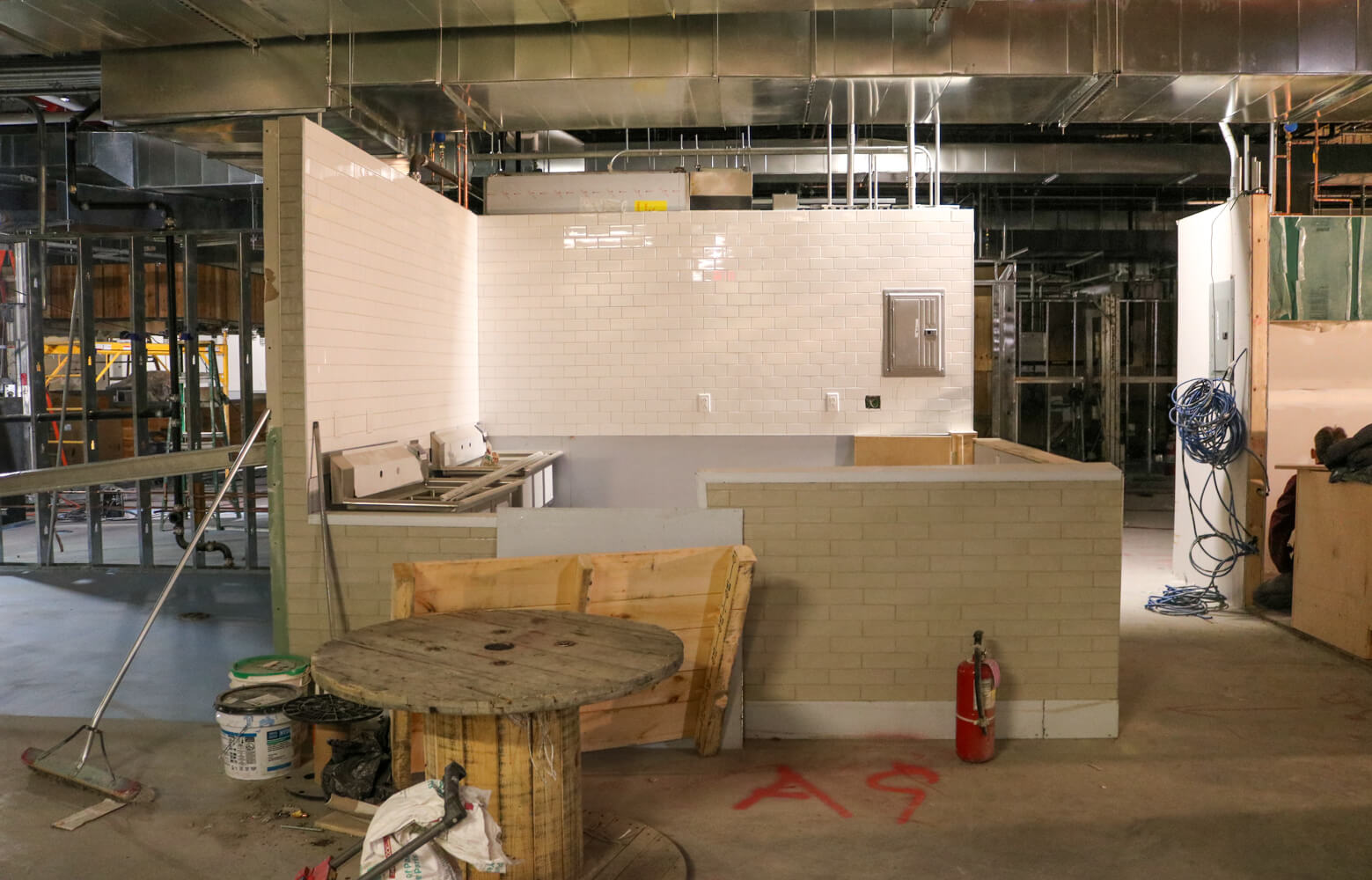
“In many ways the [2004] rezoning was a success…[but] unfortunately, much of the premise for the rezoning has not been met, namely making Downtown Brooklyn a 21st century business and commercial district,” Adams said in a statement released last year. “Downtown Brooklyn is bearing a burden of unanticipated new residential development without a comparable level of infrastructure to sustainably support a growing 24-hour community. The gap between what was assumed for the 2004 analysis and what has been developed warrants a fresh look at how to accommodate past and future growth and direct necessary capital budget investment.”
Jobs and employment have also grown in the area since the rezoning, according to a report by the state comptroller.
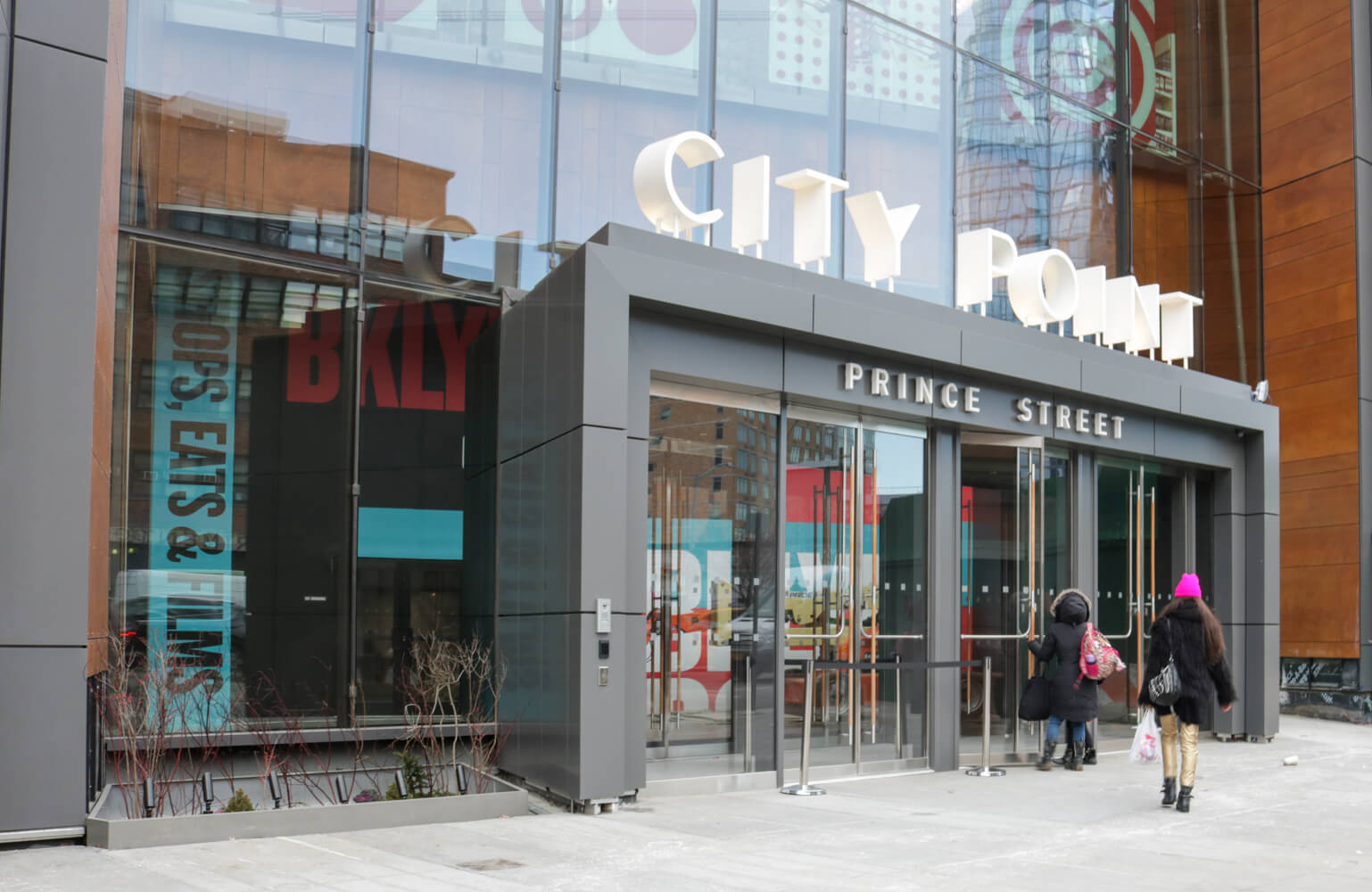
With more new buildings coming, the population is expected to continue to grow over the coming years. City Point’s third tower, 300 Livingston Street, 436 Albee Square, 340 Flatbush Avenue Extension, and others are expected to bring thousands more apartments and residents to the area.
Other developments include an office building at 420 Albee Square, long-in-the-works Willoughby Square park, and the redevelopment of Macy’s by Tishman Speyer.
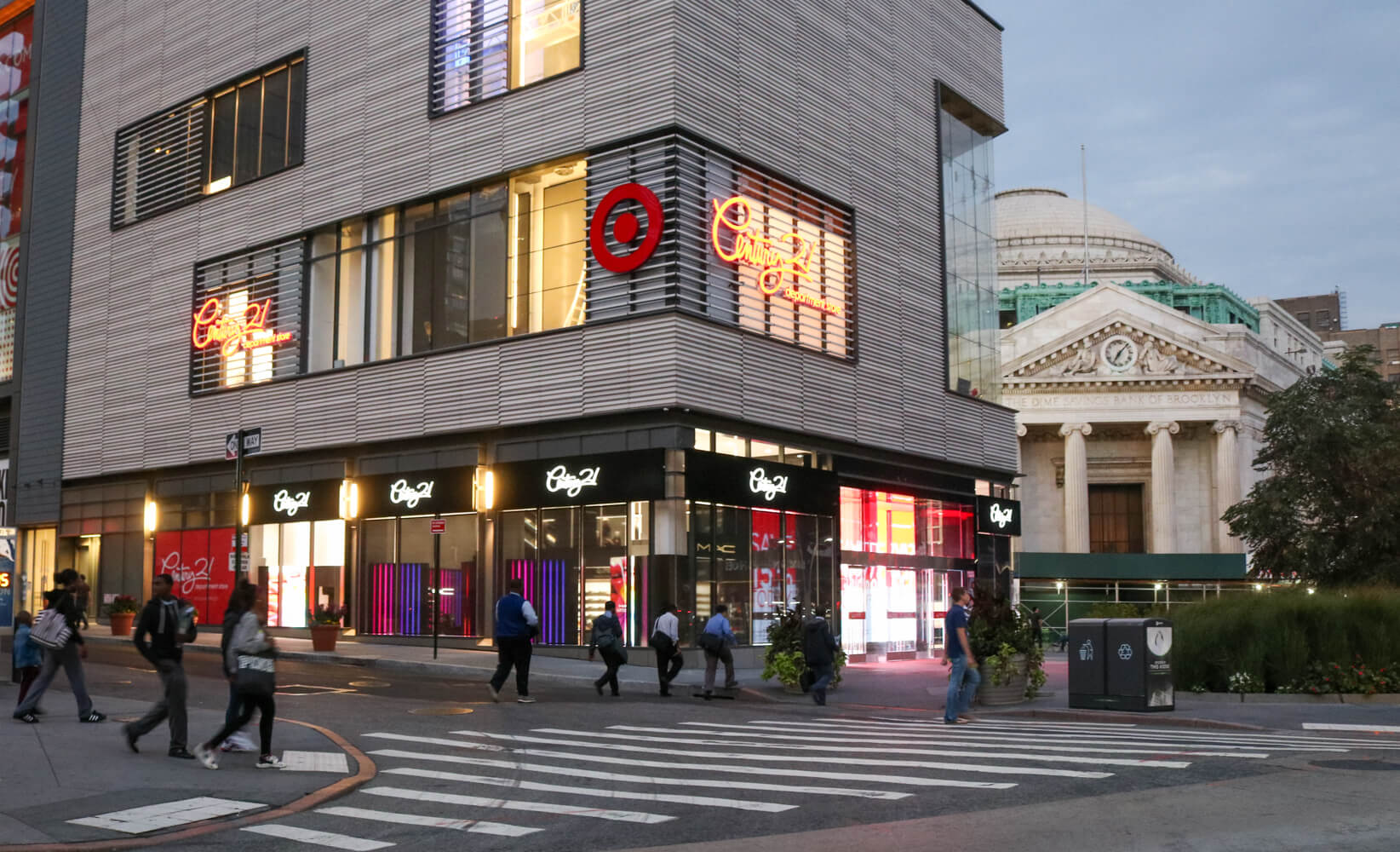
Thanks to the population boom, three local schools have shown increased enrollment since the rezone (P.S. 38, 261 and 267). As a response to the increase in enrollment, the borough president’s office announced 3,000 new seats would be created for students in the area as part of the New York City Department of Education School Construction Authority’s 2015-9 capital plan.
Lodging is also on the rise post rezoning, including Hotel Indigo, a Hampton Inn on Tillary Street and a hotel related to the Ace Hotel chain at 61 Bond Street.
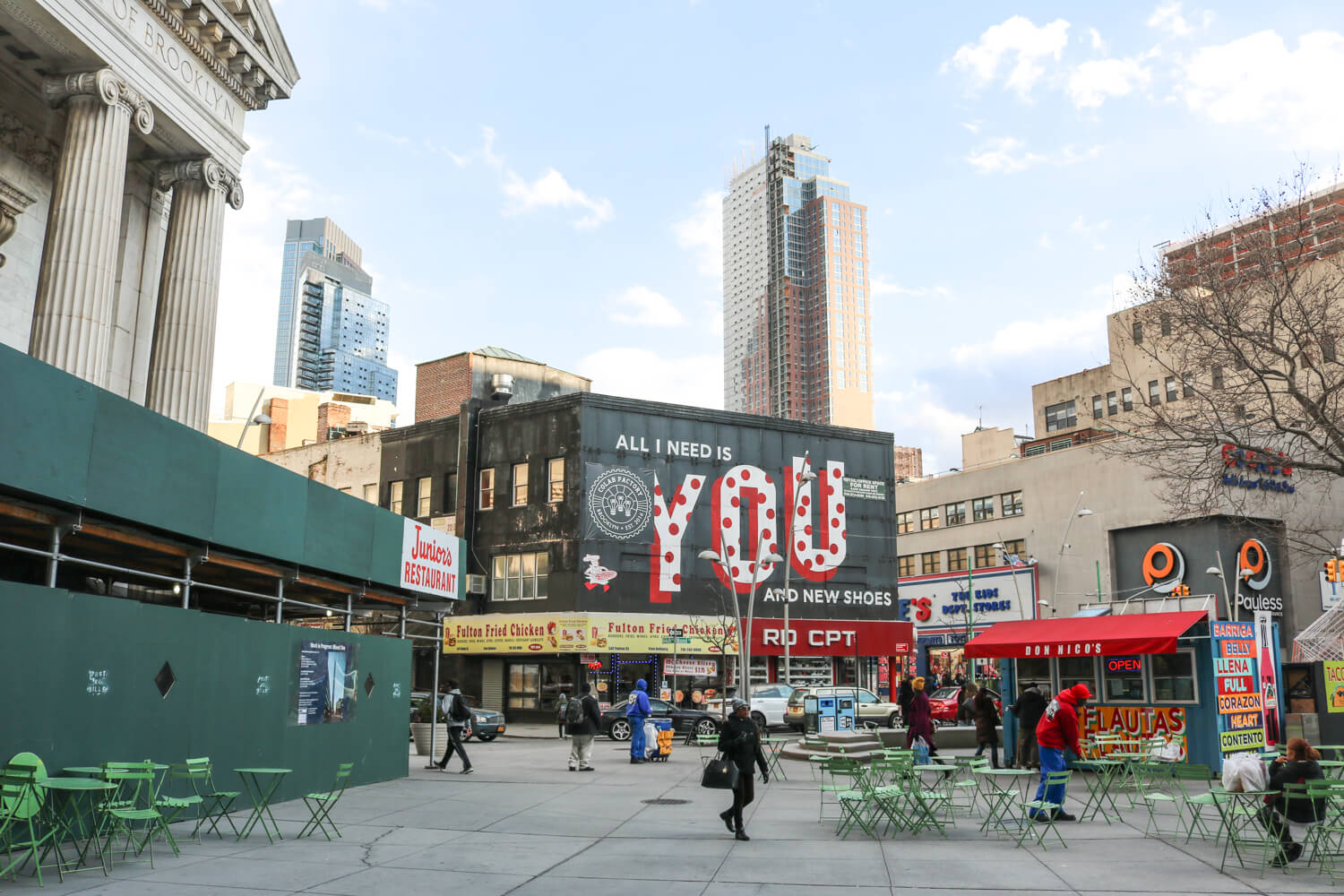
And even though Downtown Brooklyn is already a massive transit hub, more transportation options could be on the way. Subway traffic to stations in Downtown Brooklyn grew by about 30 percent after the rezone, according to data released by the borough president’s office. The BQX streetcar would run from Astoria to Downtown Brooklyn to Sunset Park.
The Brooklyn Strand is an ongoing effort to enhance and connect public green space in the downtown area.
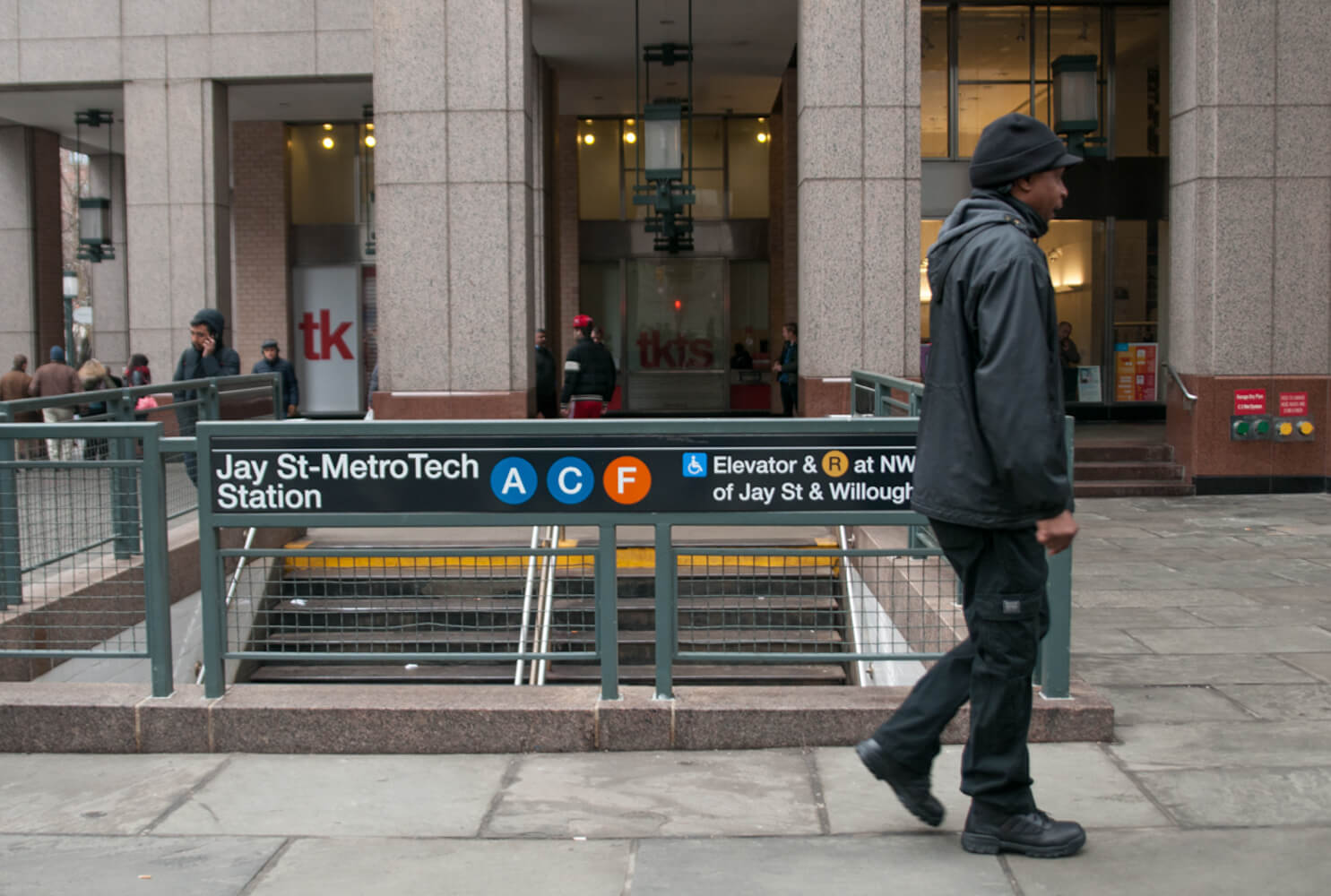
Local development nonprofit Downtown Brooklyn Partnership advocates more affordable housing, new schools, and green space for the area.
“It’s clear how far the residential and office real estate market has come in Downtown Brooklyn since 2004, and for us the question now is how the area can continue to grow and meet key local needs,” Regina Myer, president of the Downtown Brooklyn Partnership, told Brownstoner. “We’re continuing to advocate for affordable housing and new schools. We’ve also worked with the city to re-imagine the neighborhood’s cultural footprint and its public spaces for residents, students, workers and visitors to enjoy.”
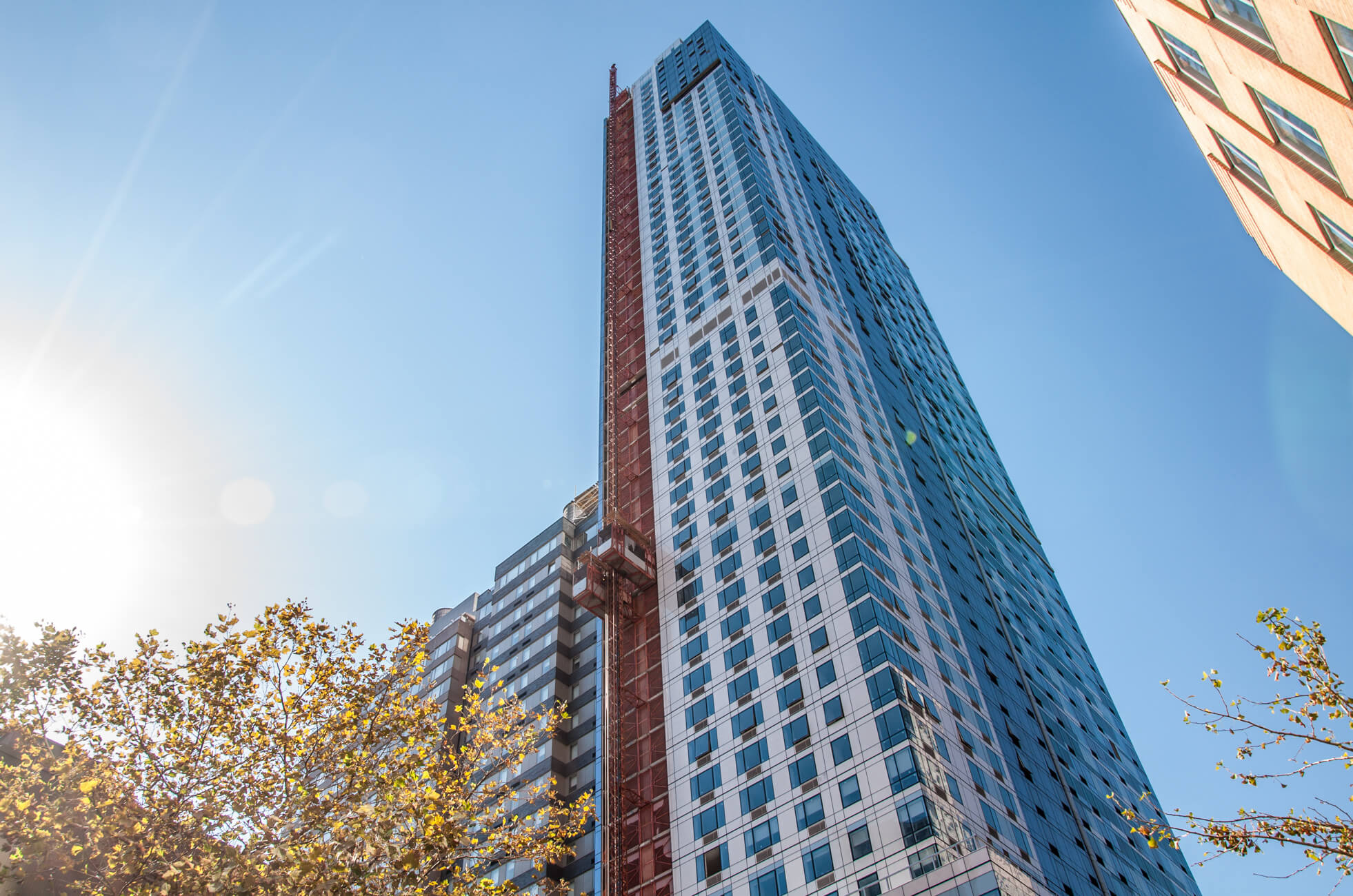
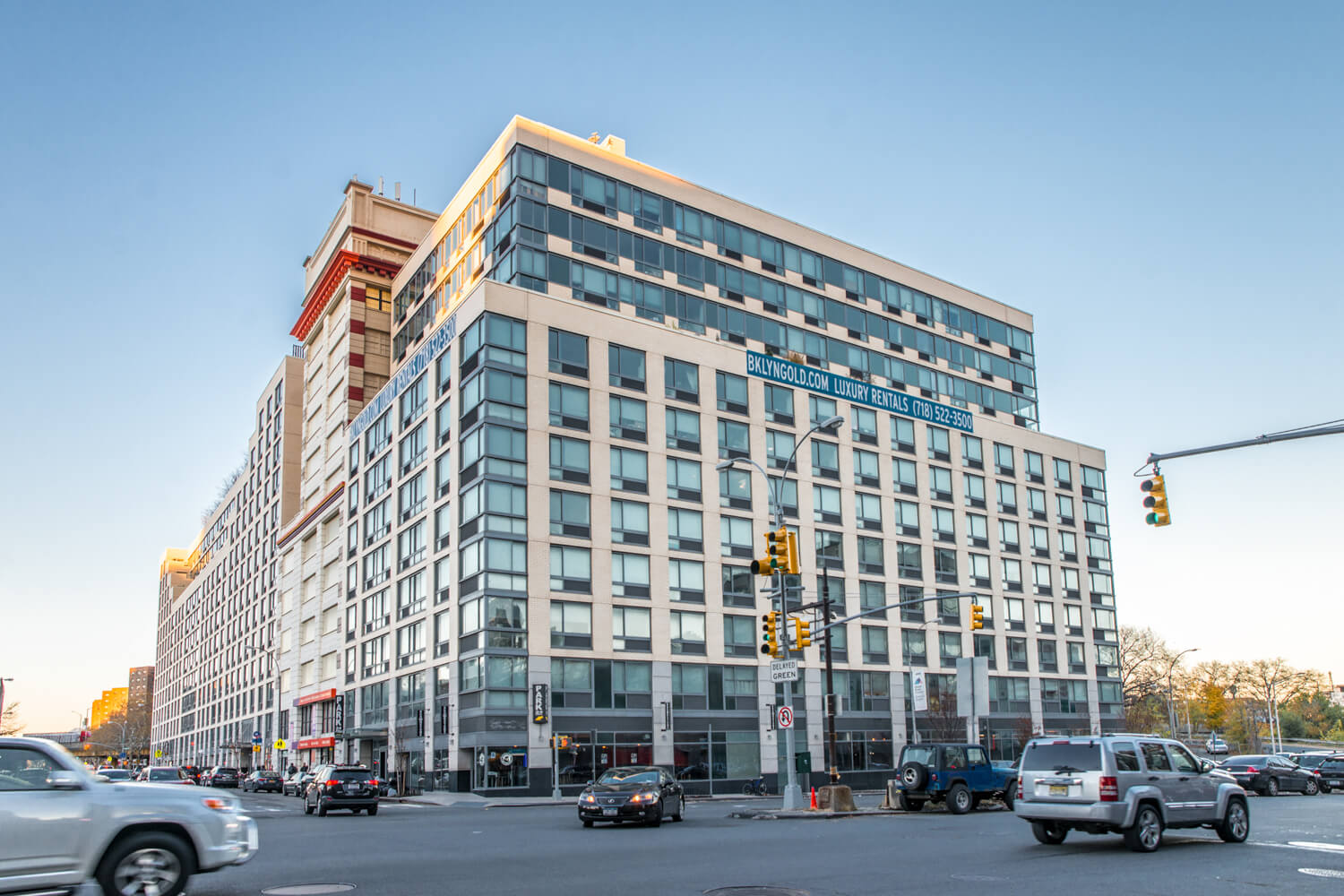
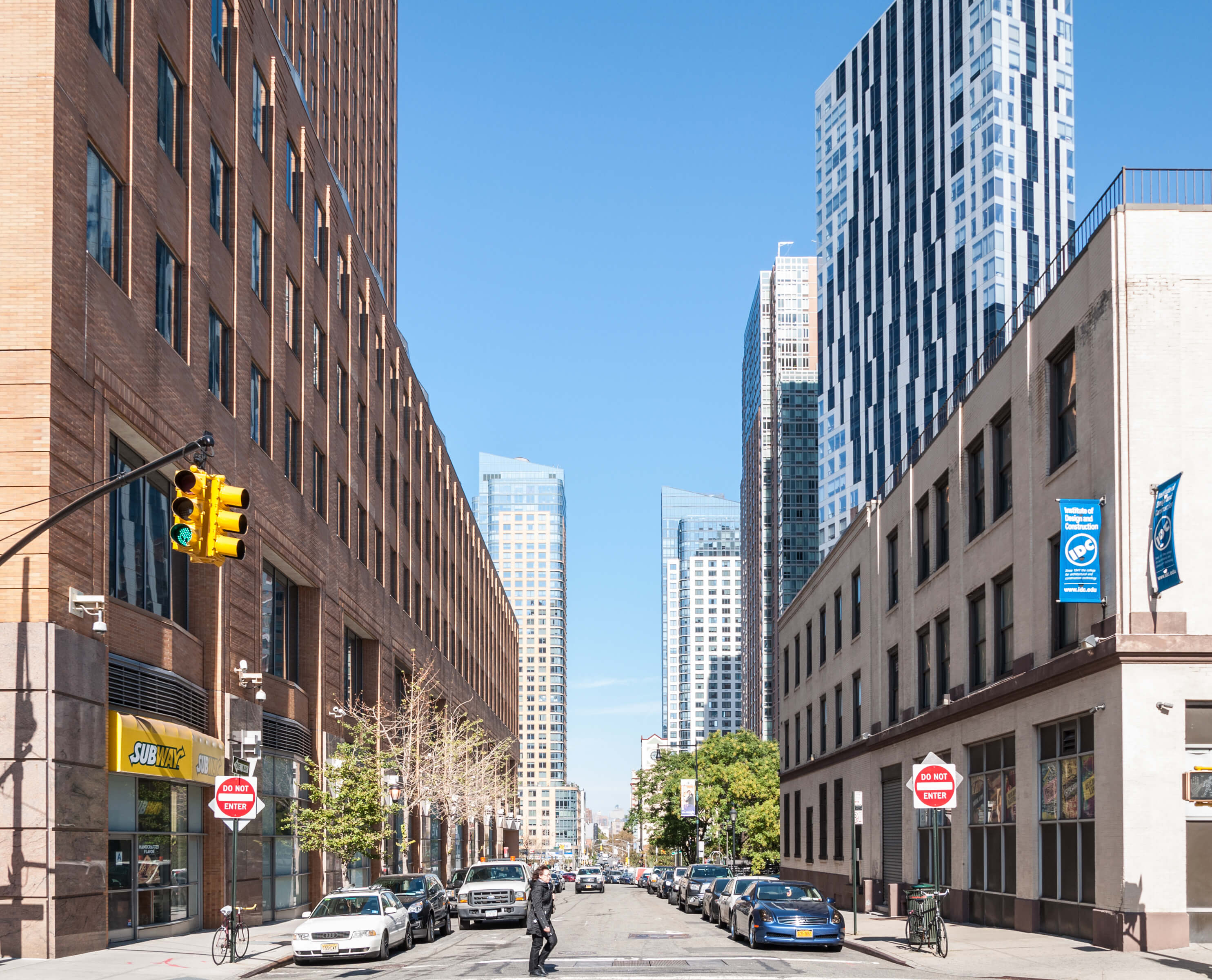
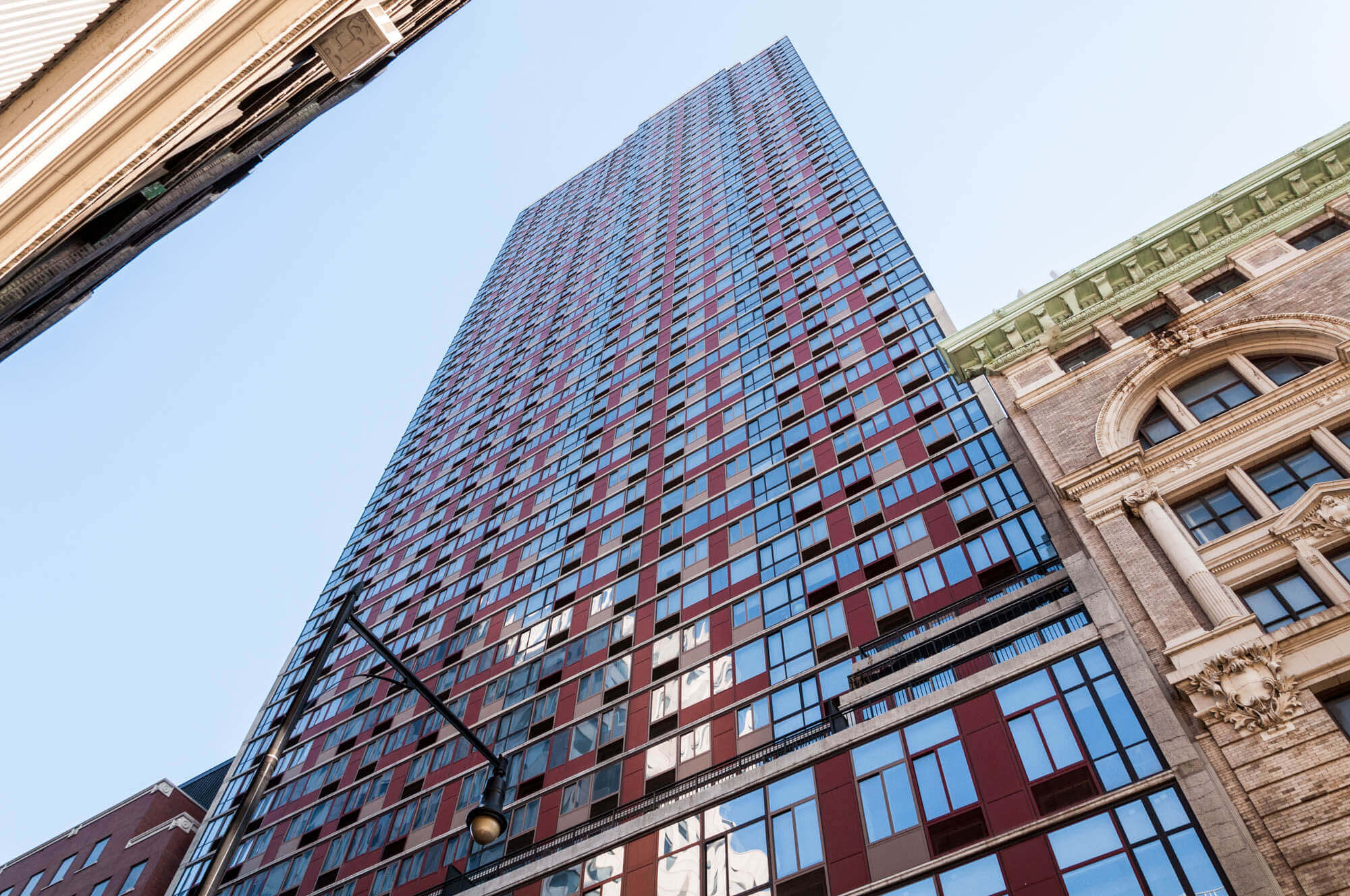
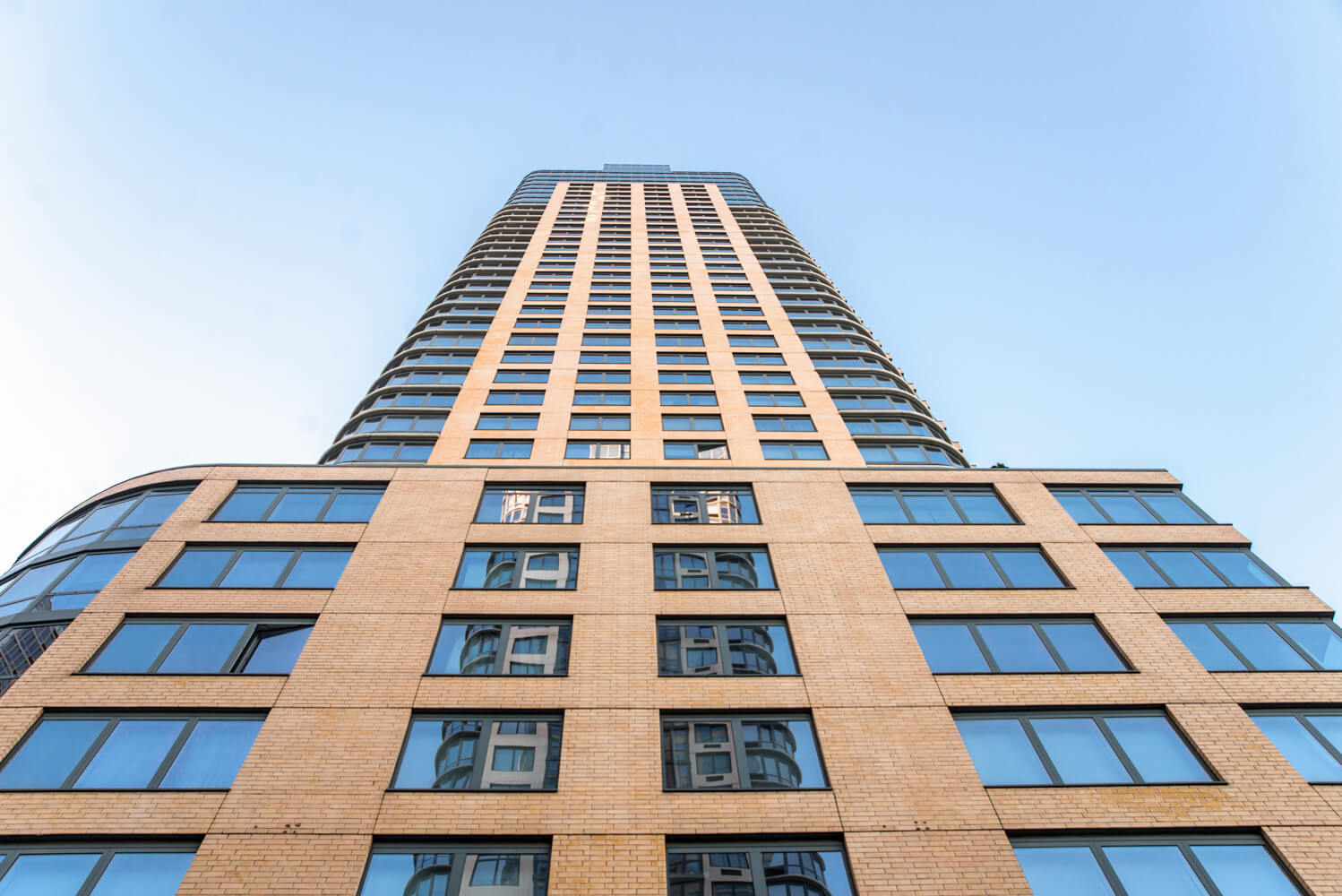
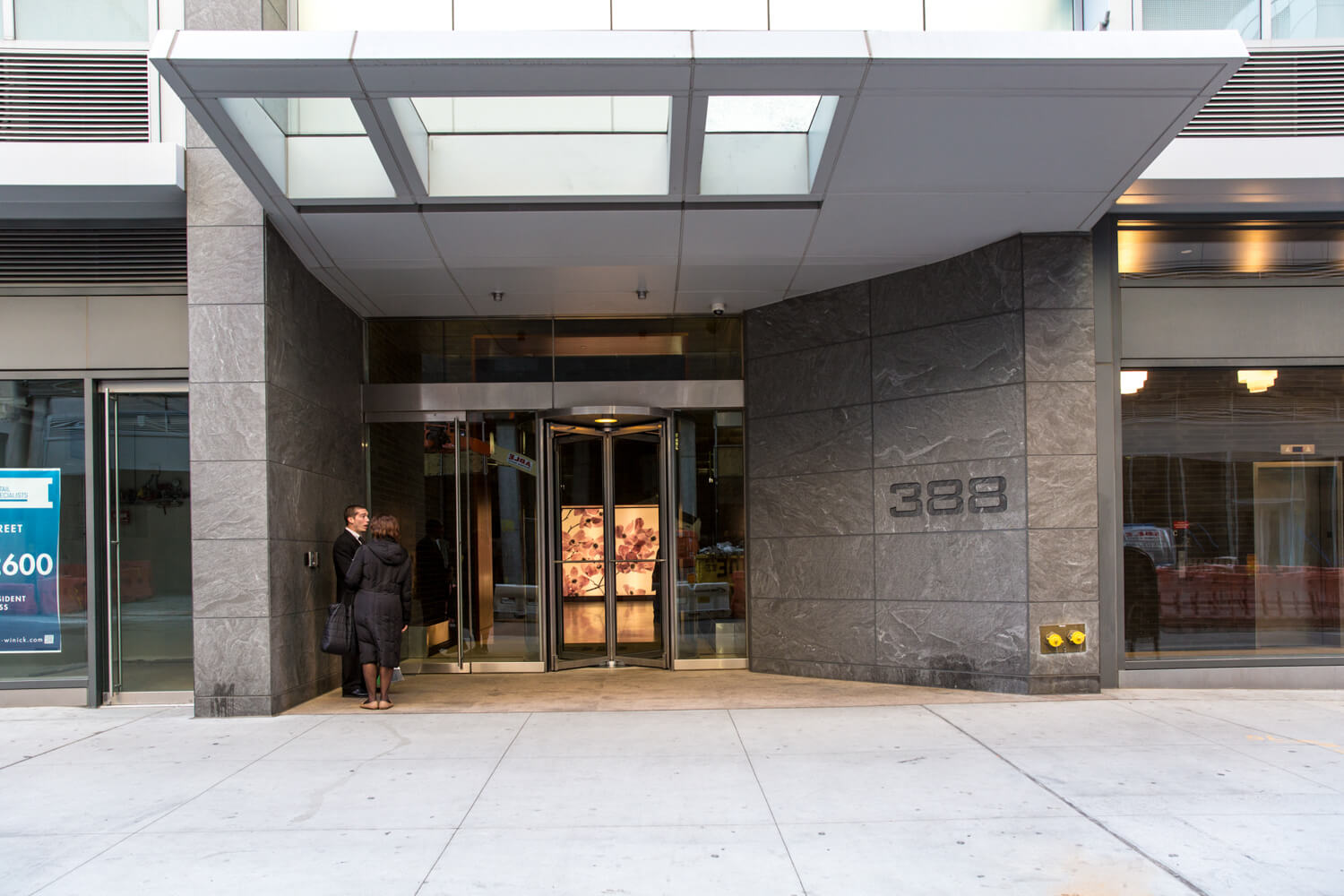
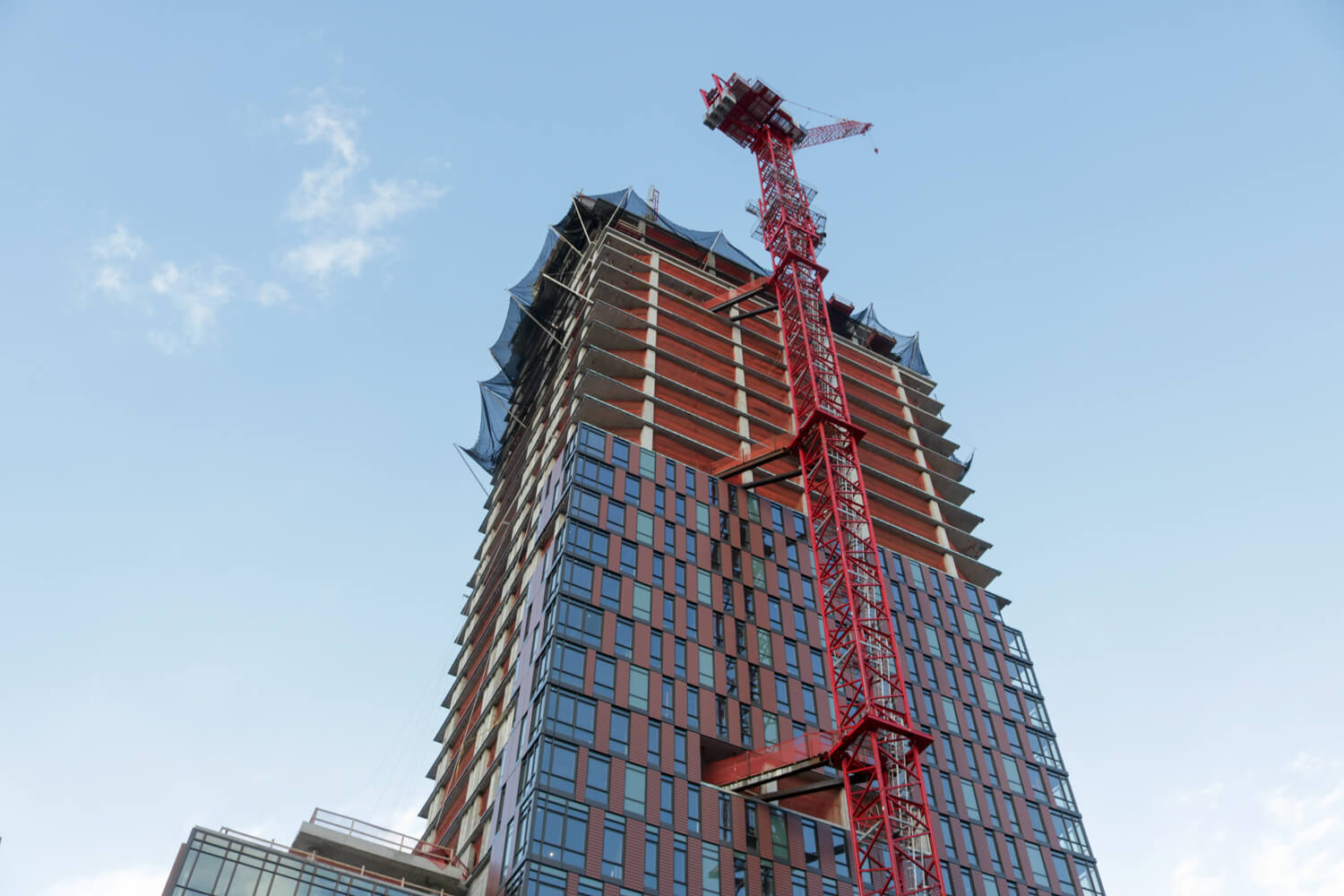
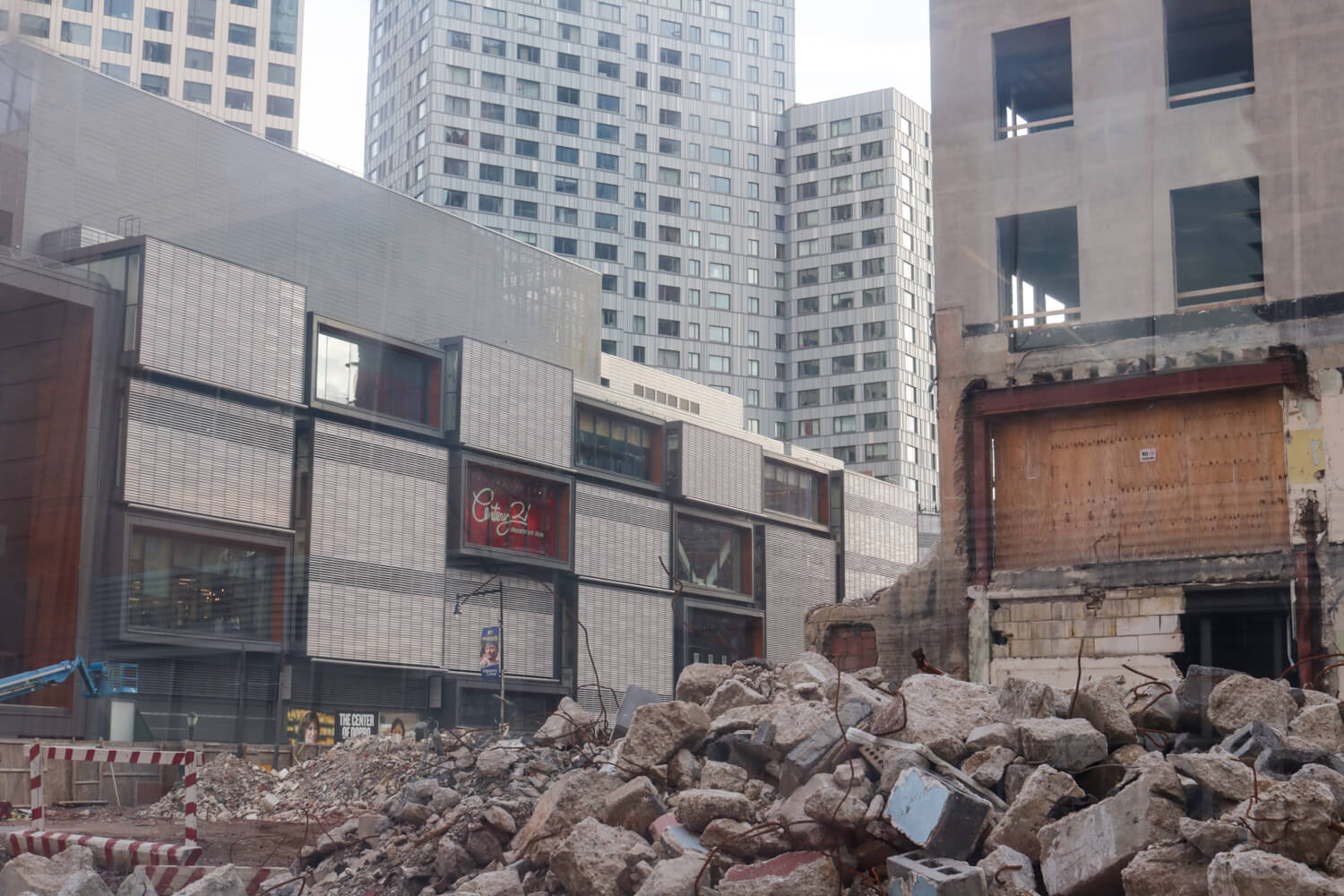
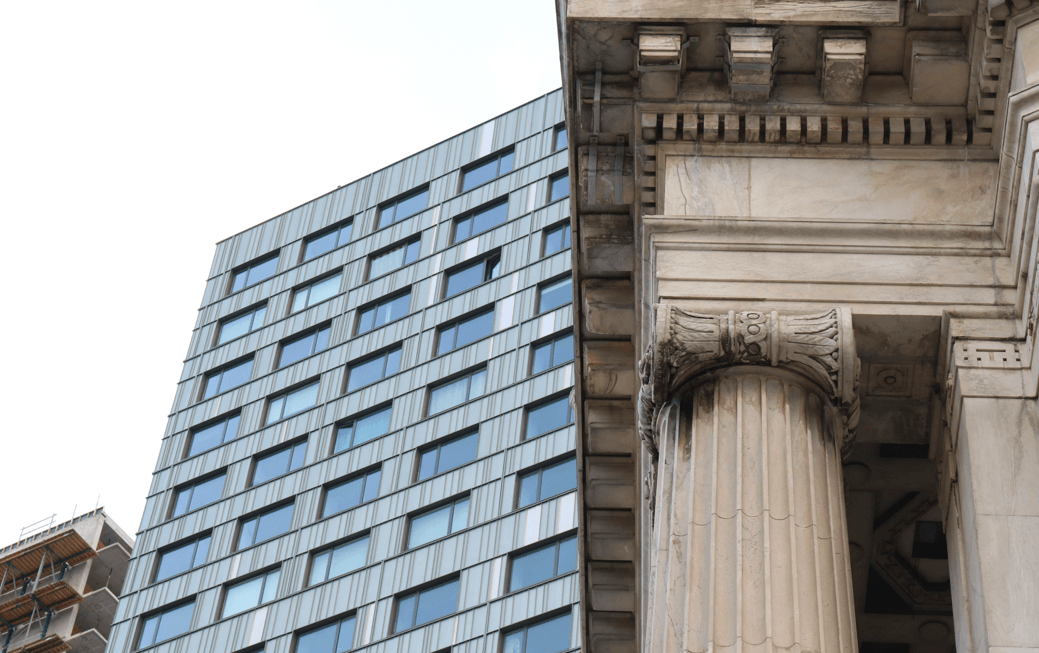

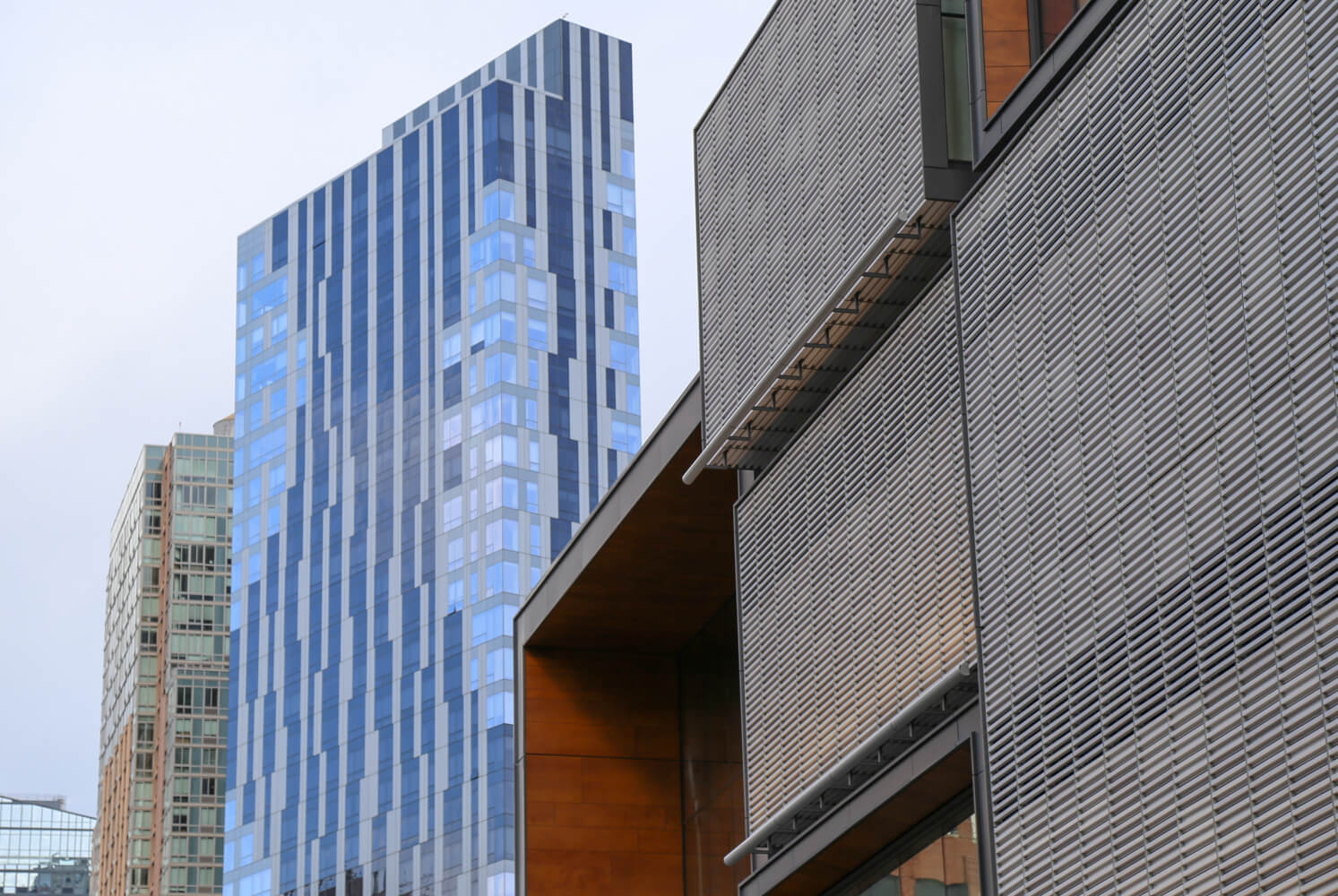
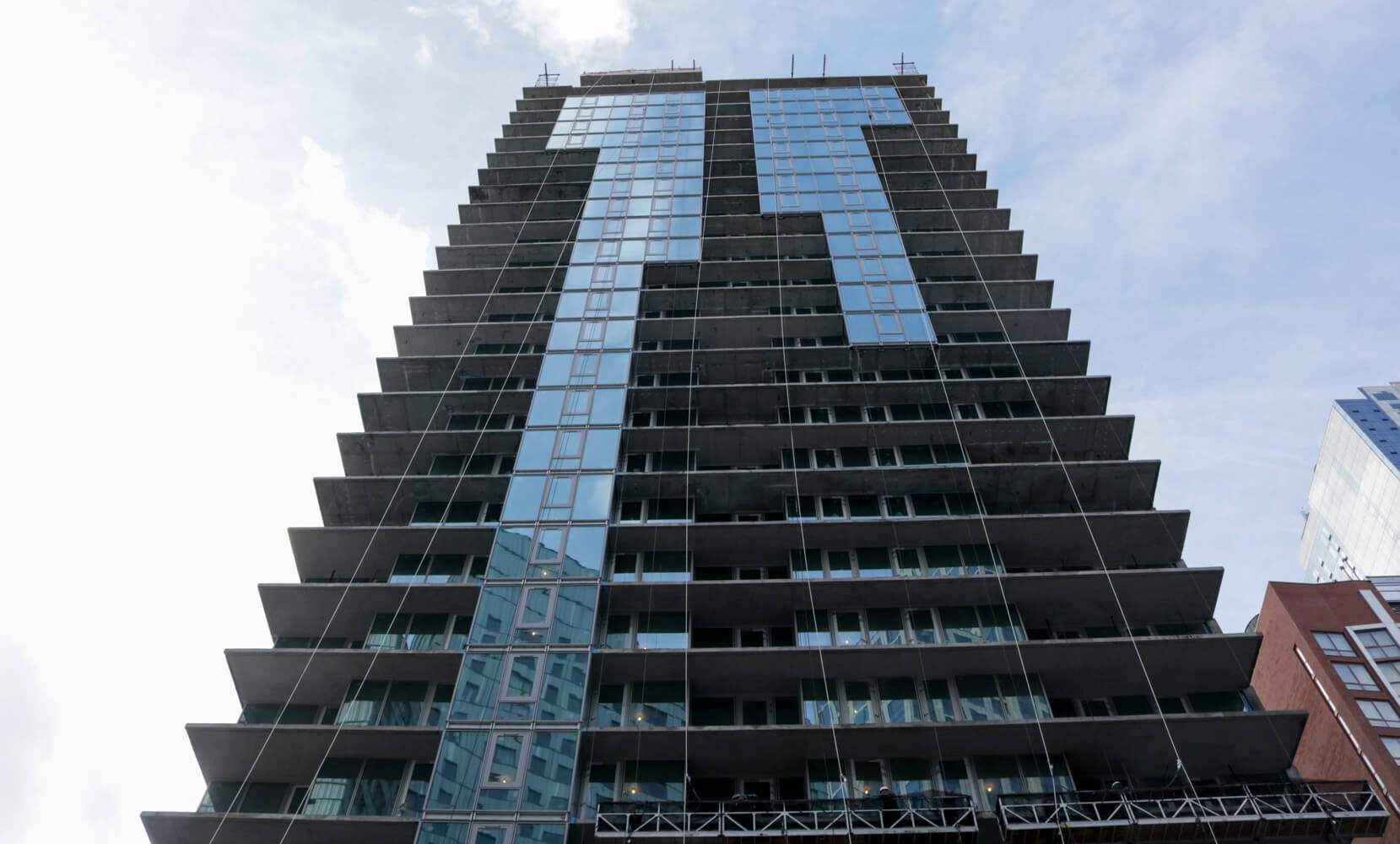
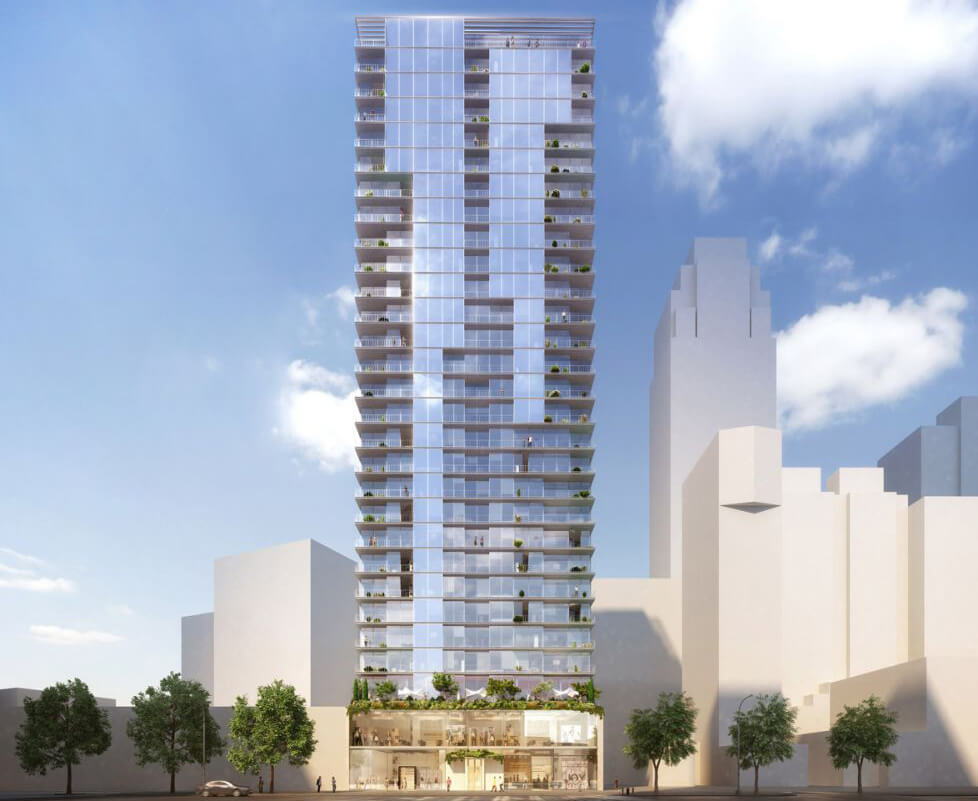
Related Stories
- Affordable Housing Lottery Kicks Off for DoBro Development with Studios Starting at $833
- City Point, Flagship of Downtown Brooklyn’s Transformation, Debuts With Century 21 Store
- Behold the Vast DeKalb Market Hall, Turning Downtown Brooklyn Into a Foodie Destination
Email tips@brownstoner.com with further comments, questions or tips. Follow Brownstoner on Twitter and Instagram, and like us on Facebook.

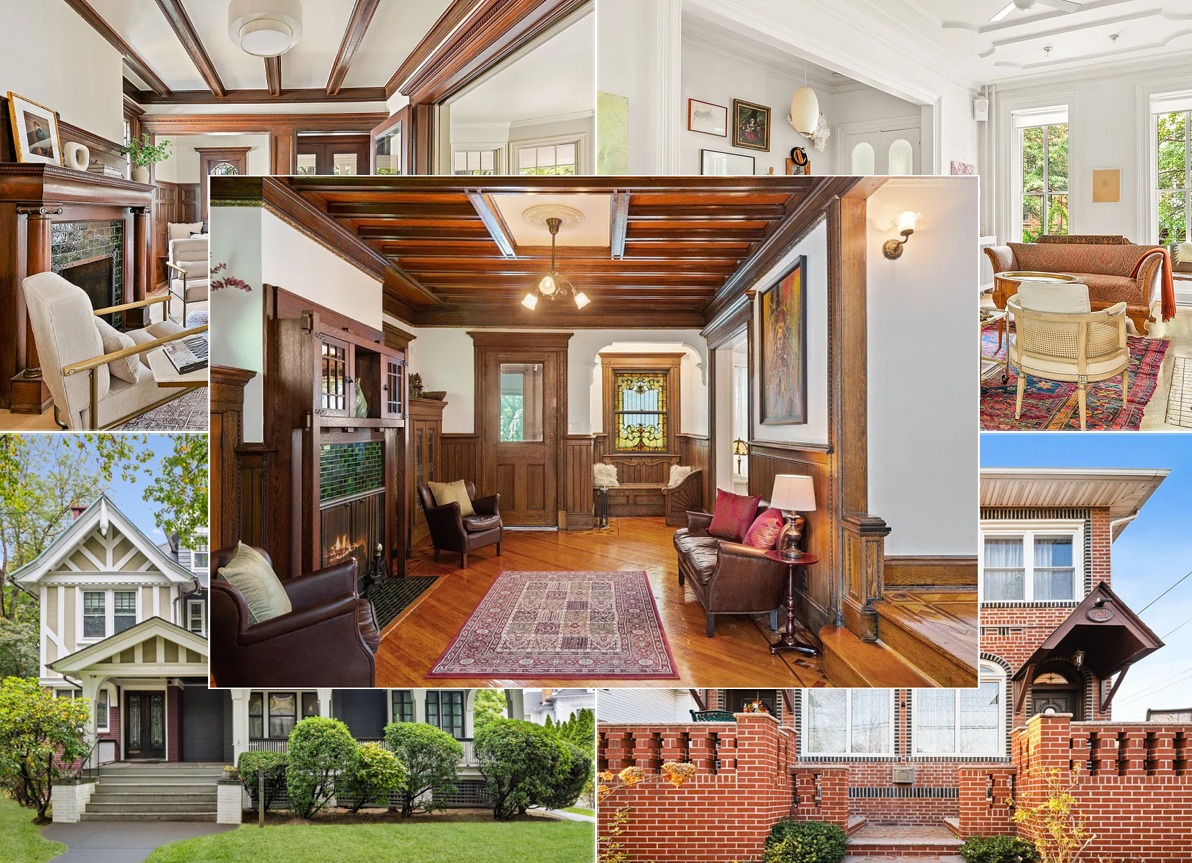

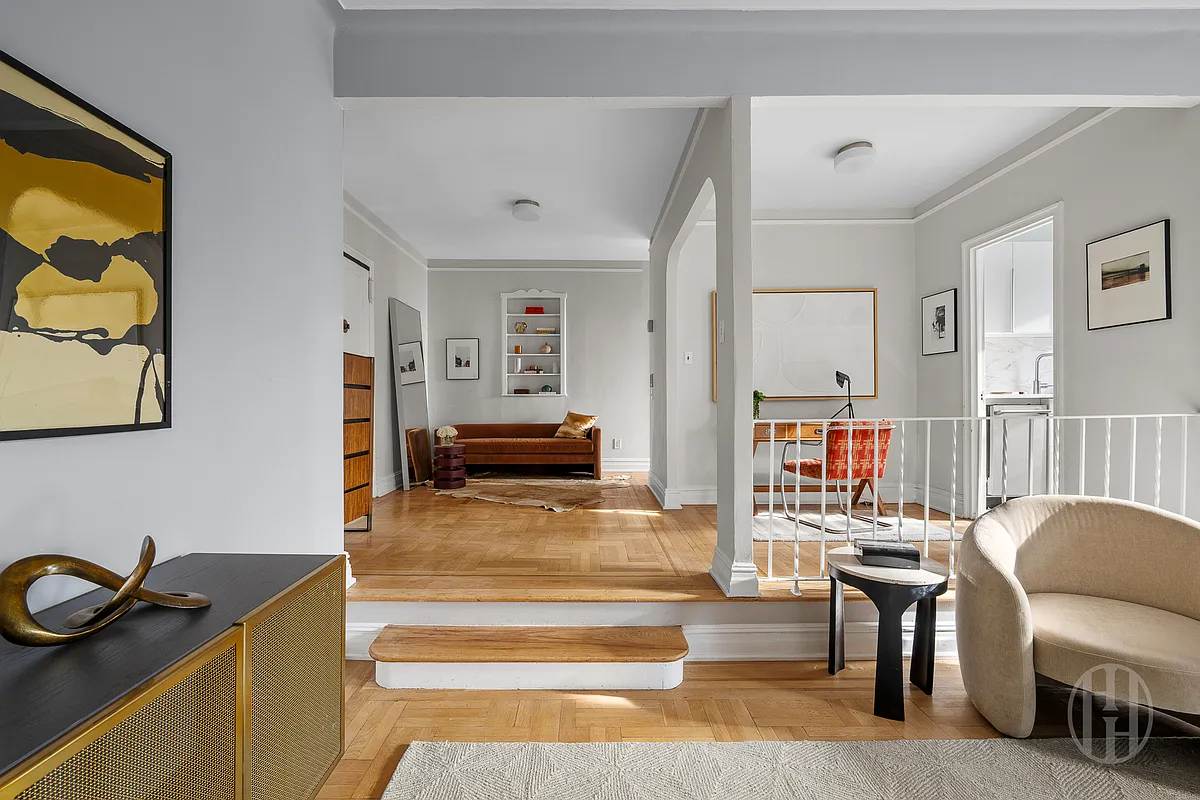
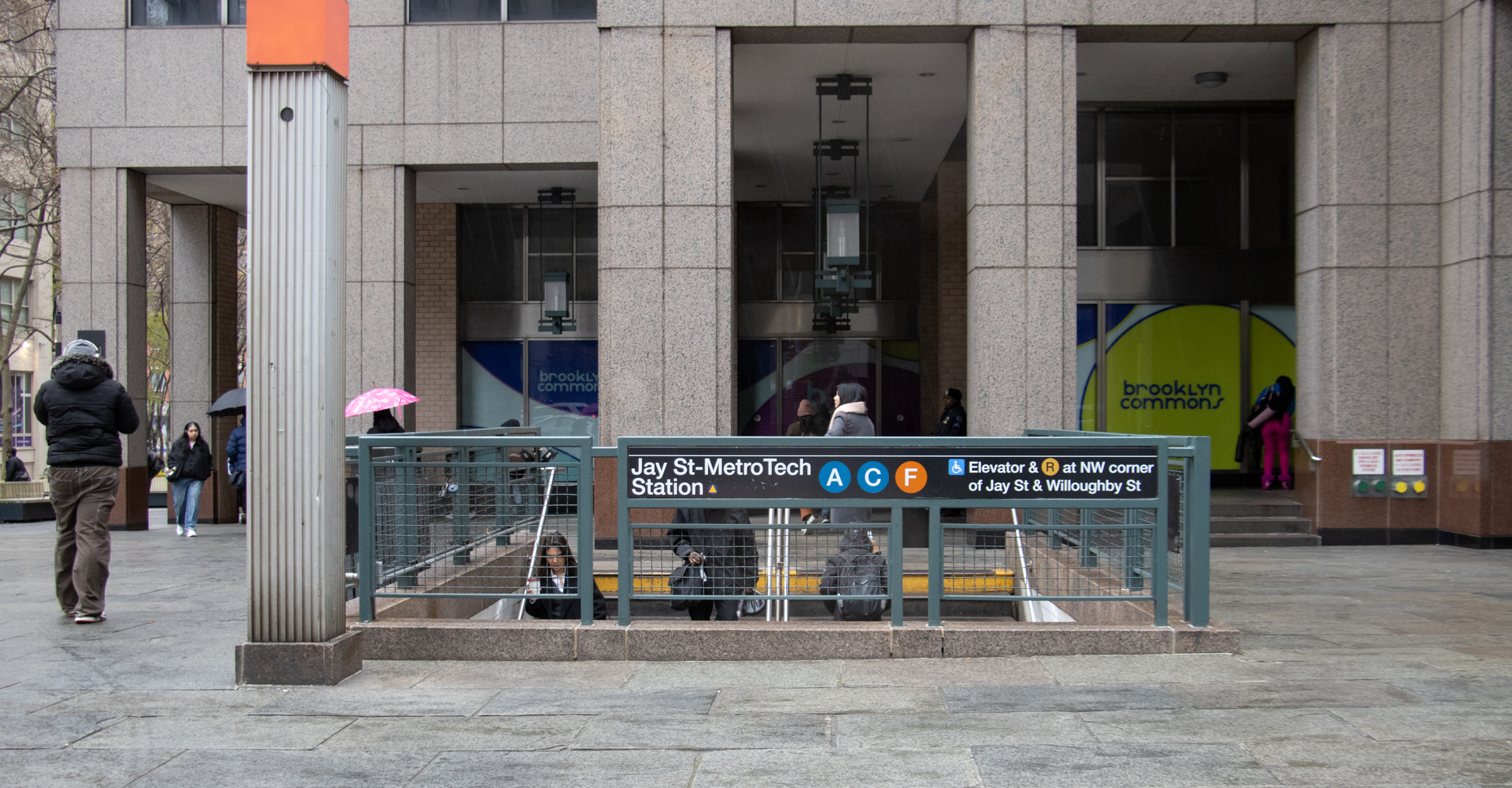
What's Your Take? Leave a Comment